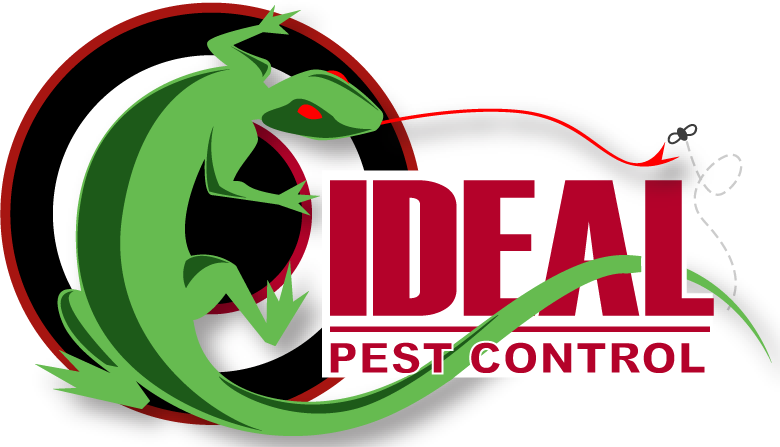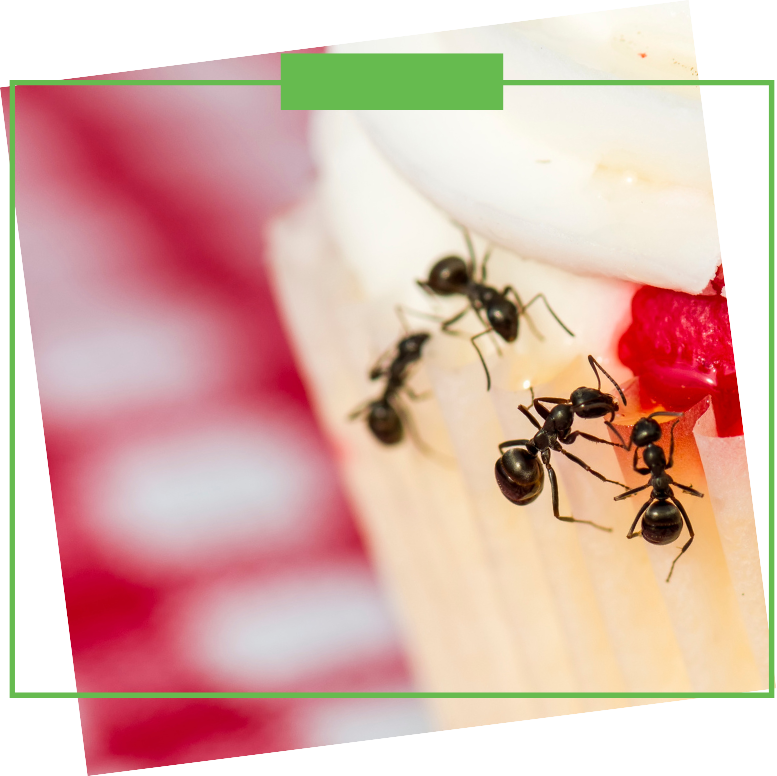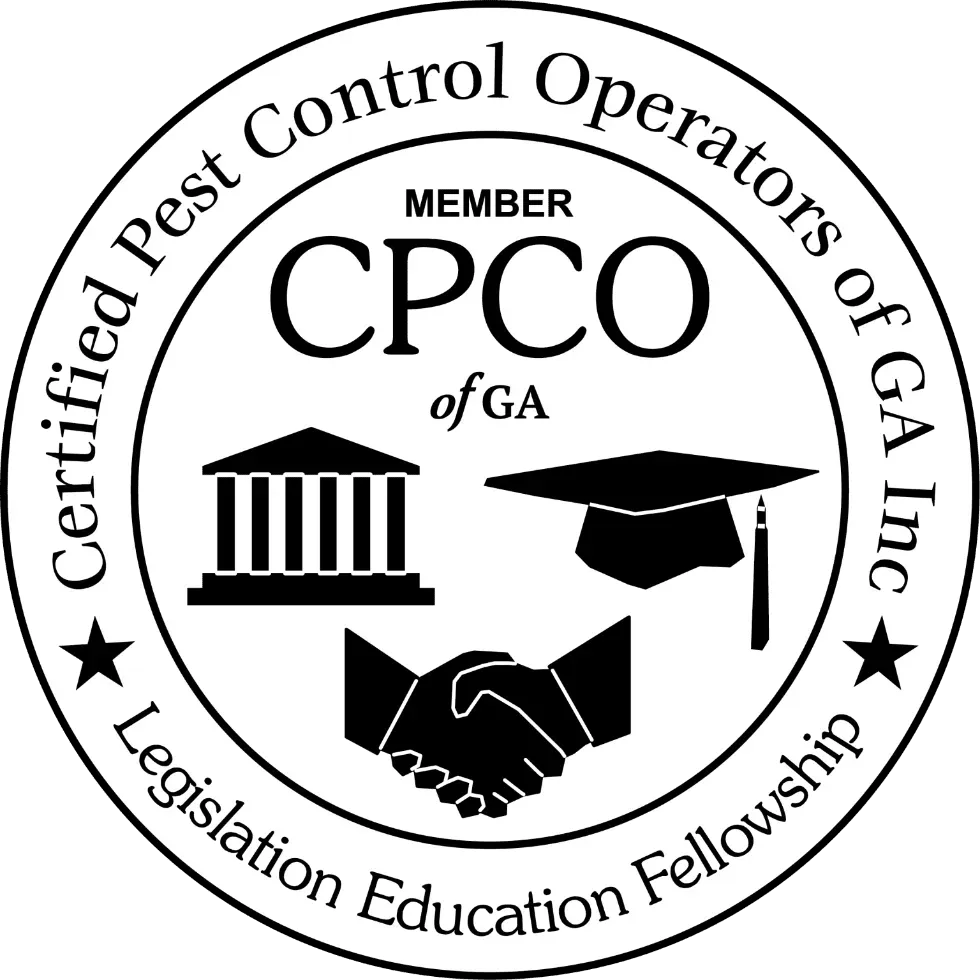Ant infestations might not seem like a big deal at first—just a trail across the kitchen counter or a few around the sink. But behind those few visible foragers is usually a much larger colony, and they’re not going away on their own. Ants are persistent, highly organized, and capable of causing a wide range of issues inside a home, from food contamination to structural damage. Trying to deal with them using store-bought sprays or DIY baits often doesn’t get to the root of the problem. It might make the visible ants disappear for a bit, but the colony itself typically remains untouched and active somewhere behind the walls or under the floors.
What many homeowners don’t realize is that different ant species behave differently—and that matters a lot when it comes to eliminating them. Some build satellite colonies, others split off and multiply when threatened, and a few are more interested in moisture than food. Professional pest control takes those behavioral differences into account, targeting not just the ants you see, but the hidden colony networks that keep them coming back. That’s the kind of attention to detail a generalized approach just can’t deliver.
Why Over-the-Counter Solutions Often Fall Short
There’s no shortage of ant sprays and bait traps available at the hardware store, and they might offer a temporary fix. But temporary is the key word here. Most of these products deal with surface-level symptoms rather than the deeper cause. You might knock out the few workers you see, but that won’t stop the queen from producing more. And in some cases, if you agitate a colony without eliminating it properly, it can actually split off and form multiple nests—a phenomenon known as budding. That just makes the problem worse in the long run.
Professional pest control, on the other hand, starts with a full inspection. It's not just about applying treatments—it's about understanding where ants are nesting, what’s attracting them, and how they’re moving through a space. Pros can identify the species involved, which directly influences the type of treatment used and where it's applied. From there, they use targeted materials and methods to reach the core of the colony. That level of precision just isn’t possible with off-the-shelf products.
Strategies For Long-Term Prevention
Professional ant control isn’t just about getting rid of a current infestation—it’s about keeping one from happening again. Ants are opportunistic, and if your home has the right mix of moisture, warmth, and food sources, they’ll find a way in. One of the biggest advantages of working with a pest control service is the ability to build a long-term prevention strategy, tailored to your specific home and environment.
That might include sealing off entry points, correcting moisture issues, improving food storage habits, or setting up monitoring systems that catch signs of activity before they turn into major infestations. Regular service visits mean a technician is keeping an eye on your home through the seasons, adjusting the strategy as needed. It's proactive instead of reactive, and over time, that approach can save homeowners a significant amount of stress—and money.
Professional services also stay ahead of shifting pest patterns that occur with changes in temperature, rainfall, and even construction in the surrounding area. What worked last summer might not be the right solution this year, and having someone on your side who knows how to pivot effectively makes all the difference.
Added Peace Of Mind
There’s something to be said for the peace of mind that comes with knowing your home is protected. Ant infestations can quickly become a source of frustration, especially when they keep returning no matter what you try. When you bring in a professional, you’re not just hiring someone to spray and leave—you’re working with someone who knows what to look for, how to treat it effectively, and how to make sure it doesn’t happen again.
A well-trained technician brings a level of knowledge that goes beyond the ants themselves. They can identify secondary issues, like moisture problems or structural vulnerabilities, that might be making your home more appealing to pests in the first place. And they’ll explain what they’re seeing and why it matters, so you’re not left guessing or relying on internet tips that might not even apply to your situation. That kind of insight builds confidence, and in many cases, turns a one-time service into an ongoing partnership focused on keeping your home as pest-free as possible.
When it comes to keeping ants out of your home, professional pest control does far more than eliminate a few visible bugs. It gets to the source of the issue, builds long-term protection, and offers the kind of insight and prevention that store-bought products simply can’t match. If you're dealing with an infestation that just won’t quit—or you’re ready to take preventive steps before one starts—contact Ideal Pest Control. Our team is available to assess your home, answer your questions, and put together a treatment plan that fits your needs. Don’t wait for the problem to grow. Contact us today to get expert help and lasting results.
Frequently Asked Questions About Ants
Q1. Why do ants suddenly appear in large numbers after it rains?
A1. Ants are highly sensitive to environmental changes, and rain often disrupts their underground nests. When their colonies flood, they’re forced to seek higher, drier ground—often leading them into homes through even the smallest cracks. Moisture also amplifies the scent trails ants leave behind, helping them recruit more colony members to any new food or shelter source they discover indoors.
Q2. Can ants cause structural damage to my home?
A2. Absolutely—certain species like carpenter ants can be surprisingly destructive. While they don’t eat wood like termites, carpenter ants hollow it out to create nesting galleries. Over time, this tunneling weakens wooden structures such as support beams, walls, and window frames. If left unchecked, a carpenter ant infestation can result in costly damage that often goes unnoticed until it's advanced.
Q3. Why do I keep seeing ants in the same spot even after cleaning?
A3. Ants communicate and navigate using pheromone trails, and these scent markers are surprisingly resilient. Even after wiping a surface clean, traces can linger, drawing ants back to the same location. Additionally, if a colony has identified your home as a food or moisture source, they’ll persistently return unless the nest itself is eliminated. Temporary fixes don’t break the cycle—only thorough removal and barrier treatments will.



